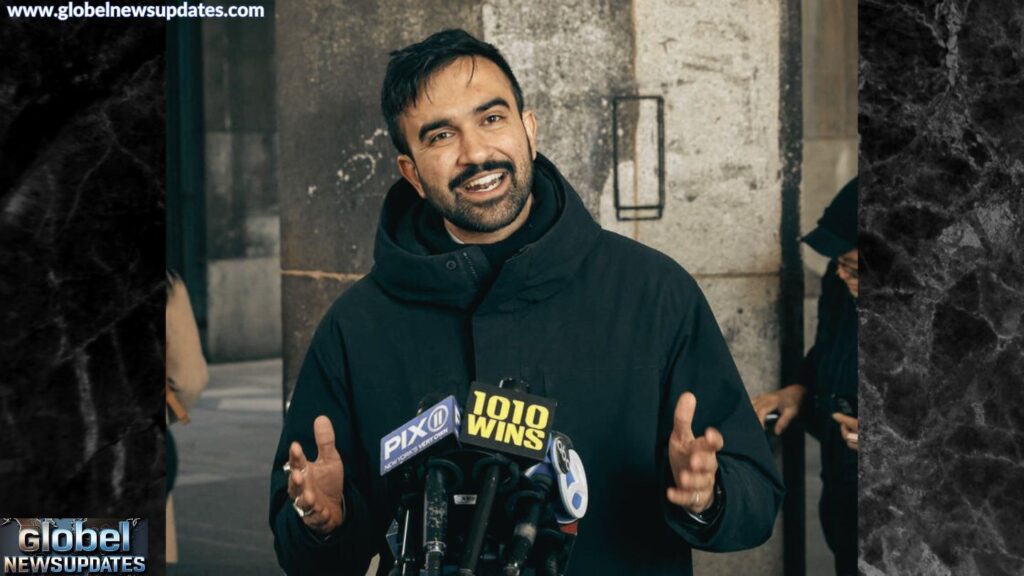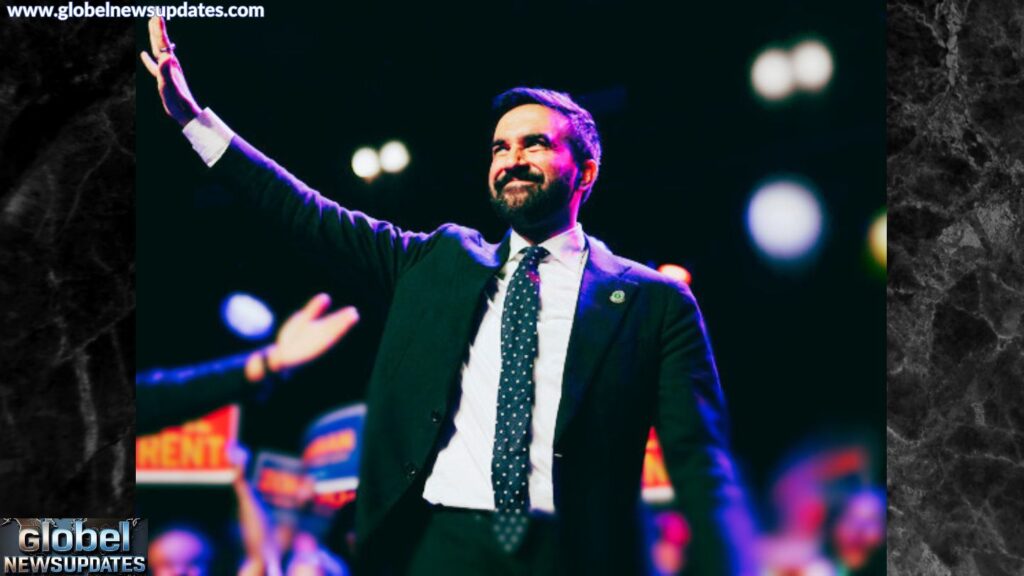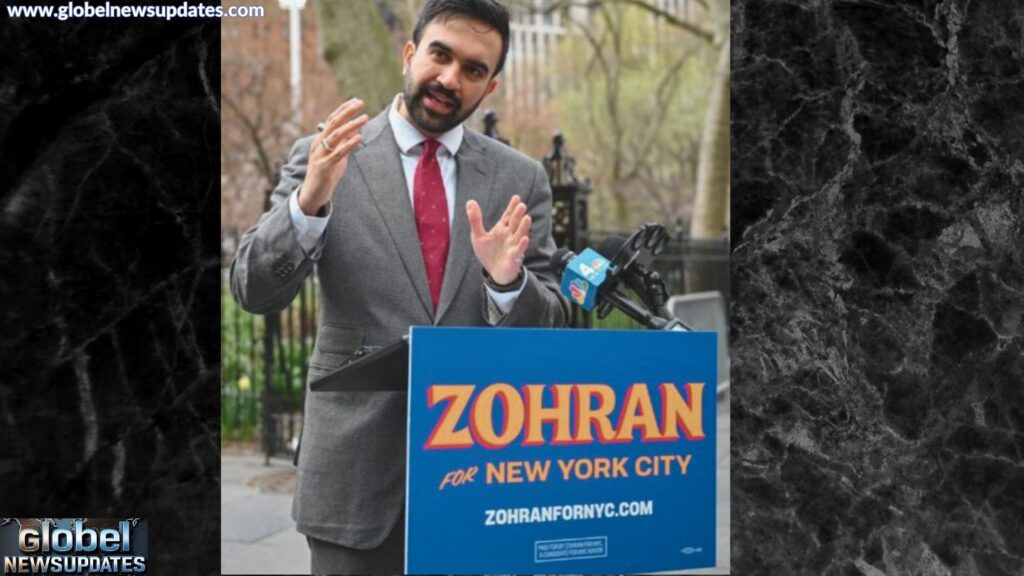What was once a strong desire among many Indians to celebrate anyone with even distant Indian roots for global achievements has now shifted into open hostility.
From Celebration to Chaos: The Irony of Identity in New York Politics
In 2022, a close friend invited me to an Independence Day reception in New York City—a decision we both quickly came to regret. It was a lavish affair, graced by Mayor Eric Adams and a visiting foreign president, set against stunning waterfront views and accompanied by exquisite cocktails and gourmet food. My friend and his wife, well-regarded members of the Indian-American community in the tri-state area, attended with their characteristic grace and dignity.
But what unfolded at the event was appalling. Many in the audience disrupted speeches with chants lauding a political figure from India. The formal addresses, rather than celebrating Indian independence or fostering diplomatic goodwill, devolved into sycophantic tributes to that same leader. For a moment, it felt like we had left New York and stumbled into a political rally thousands of miles away. To this day, I remain in awe of my friend’s patience and good humour as he endured the night’s spectacle.

An Identity Crisis in the Diaspora
That same display of misplaced political fervor now finds a new outlet—this time in slandering New York City’s first Indian-origin mayoral frontrunner. The person in question, Zohran Kwame Mamdani, is on the cusp of making history. And yet, some within the very community that prides itself on Indian excellence abroad have turned on him.
It no longer matters that Mamdani is the son of acclaimed filmmaker Mira Nair, a Padma Bhushan and National Award recipient. Nor does it matter that his political platform is rooted in making New York more livable—especially for those who lack the economic cushion to insulate themselves from hardship. Immigrants, in particular, stand to benefit from his progressive agenda.
But none of that matters—not his policies, not his background, not his vision. Only his name does. Only his religion, rarely referenced in his public life, is scrutinized and weaponized. In an absurd twist, some have cast him as a radical Muslim caricature—a harbinger of an imagined Islamist future in New York City. Critics, many from within the Indian diaspora, have joined forces with hardline pro-Israel factions to paint him as anti-Jewish, anti-Hindu, anti-Christian, and virulently pro-Muslim. This character assassination failed only because no one thought to dress him in a Pathani suit, hand him a taweez, or insert ‘Mashallah’ and ‘Inshallah’ into every speech.

Rational Ideas, Irrational Backlash
Mamdani’s so-called “crimes”? Proposing government support to reduce grocery prices and pushing for rent regulation in one of the most unaffordable cities in the world. Ironically, Donald Trump’s successful campaign in 2016 was built on similar bread-and-butter issues.
It’s baffling, then, that Indian immigrants in New York—many of whom commute long hours from New Jersey because Manhattan rents are exorbitant—oppose him. These are the same people who hunt for grocery bargains and split restaurant bills, habits they rarely practice back in India. Why this dissonance?
Perhaps the cynicism is understandable from Delhiites. After being let down by Arvind Kejriwal’s promises, they see Mamdani as New York’s Kejriwal redux. Healthy scepticism is fair—even necessary. But opposition rooted in prejudice, not policy, is something else entirely.

The ‘Outsider’ Narrative: Convenient Scapegoat
Predictably, Mamdani’s progressive economics are being dismissed as naïve or doomed to fail. Yet few of these critics offer viable alternatives to the urgent challenges of urban life. Instead, blame is redirected—usually at “outsiders.” Immigrants who, allegedly, take away jobs, strain resources, and burden the system.
But let’s not forget: these so-called outsiders are often the same Indians who toil in restaurants for below-minimum wages, who write code and balance ledgers in finance and tech, who save every penny in pursuit of their American dream. Many are still waiting for their immigration paperwork to be processed—yet some among them are the loudest critics of Mamdani.
A Moment of Reckoning
Will Mamdani’s leadership bring disaster to New York City? That remains to be seen. But the ferocity of the backlash—against his faith, his name, his heritage—speaks volumes about the identity crisis gripping parts of the diaspora.
For now, let’s preemptively grieve a future that hasn’t yet arrived. Let’s imagine the worst and let that paranoia cloud what could be a historic political moment.
Or better yet, let’s take a breath, tune out the noise, and focus on the ideas. Because it’s not his name or his ancestry that will shape New York’s future—it’s his policies.
